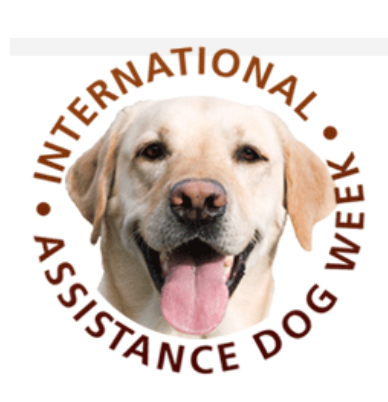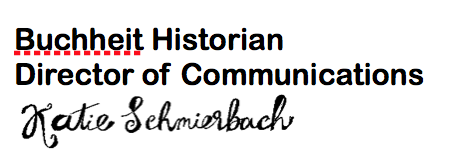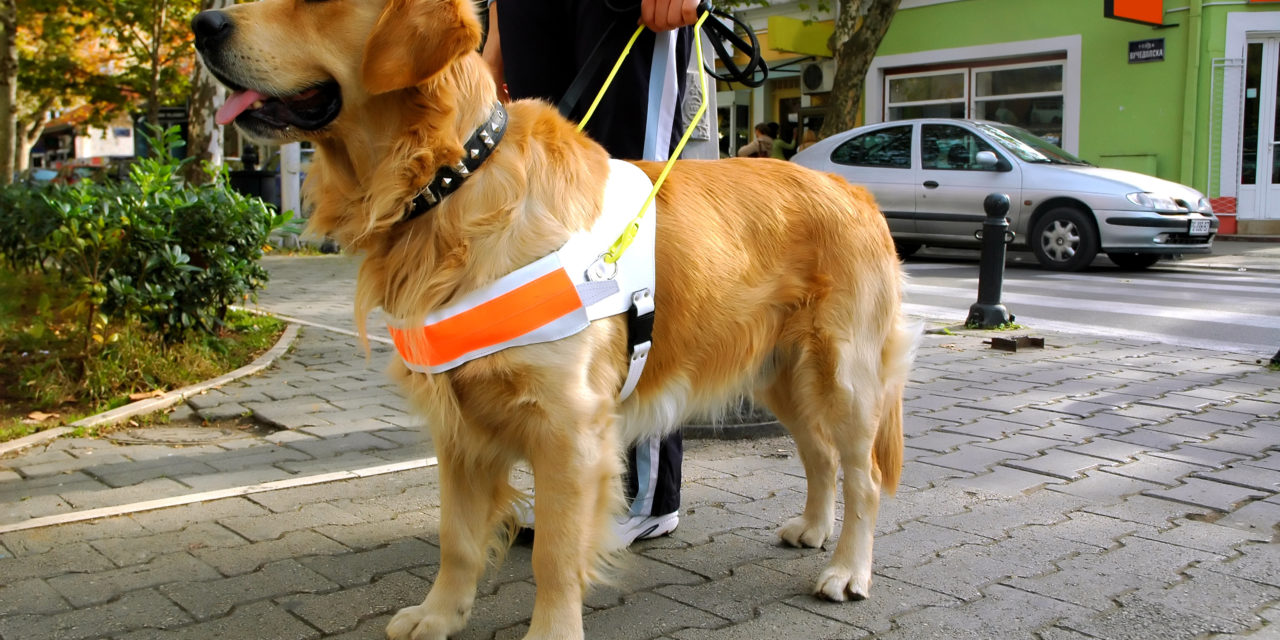 International Assistance Dog Week is August 6-12th. This week was created to recognize all the devoted, hardworking assisted dogs helping individuals mitigate their disability-related limitations. Assistance Dogs transform the lives of their human partners with debilitating physical and mental disabilities by serving as their companion, helper, aide, best friend, and close member of their family. In addition to honoring assistance dogs, this week aims to raise awareness and educate the public about assistance dogs, honor puppy raisers and trainers, and recognize heroic deeds performed by assistance dogs in our communities.
International Assistance Dog Week is August 6-12th. This week was created to recognize all the devoted, hardworking assisted dogs helping individuals mitigate their disability-related limitations. Assistance Dogs transform the lives of their human partners with debilitating physical and mental disabilities by serving as their companion, helper, aide, best friend, and close member of their family. In addition to honoring assistance dogs, this week aims to raise awareness and educate the public about assistance dogs, honor puppy raisers and trainers, and recognize heroic deeds performed by assistance dogs in our communities.
Service animals are working animals, not pets. They are specially trained to perform tasks for people with disabilities. In accordance with the Americans with Disabilities Act of 1990,
Businesses May ask:
1. Is this a service animal?
2. What tasks does the service animal perform?
Businesses May Not:
1. Require special identification for the animal.
2. Ask about the person’s disability.
3. Refuse admittance, isolate, segregate, or treat this person less favorably than other guests.
Refusal to provide equal access to people with disabilities with service animals is a federal civil rights violation, provided by the American Disability Act of 1990. Violators of the ADA can be required to pay monetary damages and penalties.
When dealing with a service animal please do not address the animal, but address the handler. Please do not distract the animal by whistling, touching, crowding, giving them food, talking to, pointing at, or making eye contact. The best thing to do is politely ignore them. Even if they do not “look like” they are doing anything, they are still on duty and need to be left alone to do their job. For many people, their service animal is their lifeline and their safety is dependent on their working animal. If their animal is distracted because of your behavior, their handler could be seriously injured.
Each time you distract or pet a service animal without permission, this reverses training and provides more complications for the handler. Please respect the handler’s privacy by refraining from asking information about their disability, name of the dog, medical diagnoses, symptoms, and “issues.” Always address the handler first and try to ignore the service animal. Try to think of service animals as a piece of medical equipment like a wheelchair; they do not need to be acknowledged, but you are aware they are there. Some service animals have a special command which the handler can use when it is okay for the animal to be pet. The only time it is okay to pet a service animal is when you have permission from the handler and the dog has been given the command. Even if you know the service animal and the handler, it is not okay to talk to or pet the dog without permission. Please do not be offended if the handler refuses to talk about the service dog or does not let you pet their working animal. These animals are not just pets, they are working animals that serve to protect and give a sense of independence to their owners.








Very informative!